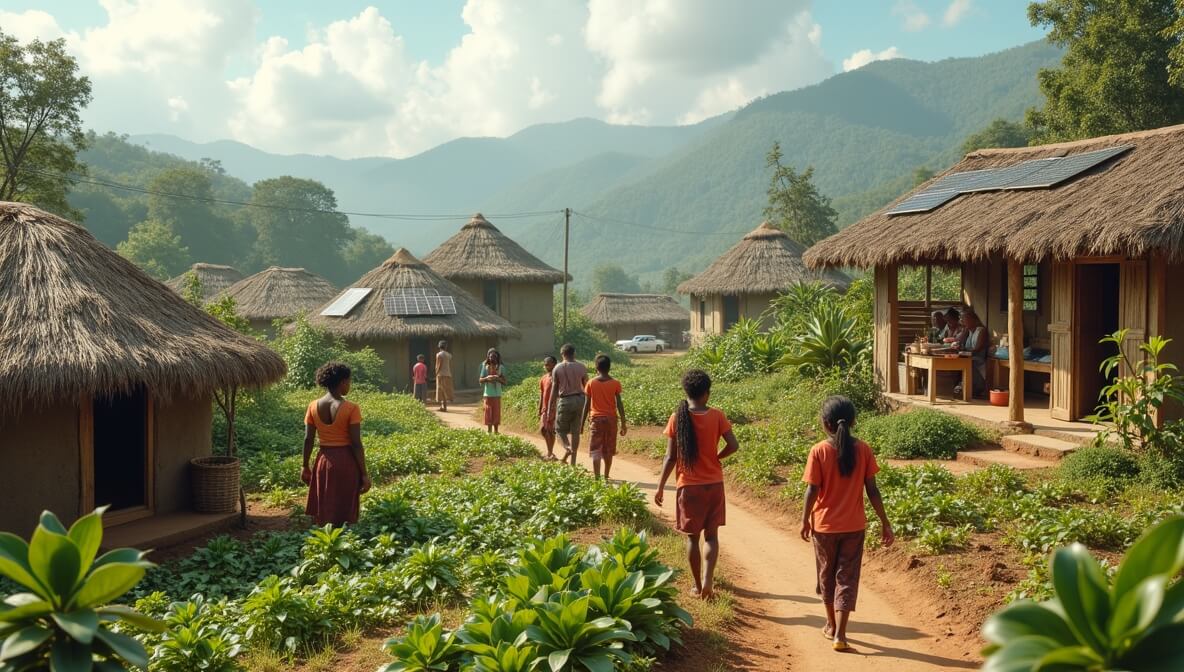September 05, 2025

Poverty remains one of the most urgent global challenges. While short-term relief addresses immediate needs, lasting change comes through sustainable livelihoods—approaches that equip individuals and communities with the skills, tools, and opportunities to build independent, dignified, and resilient lives.
Sustainable livelihoods go beyond simply earning a paycheck. They represent a holistic approach to poverty reduction—supporting people not only to make a living but to do so in a way that is economically viable, socially inclusive, and environmentally responsible.
Examples include:
Sustainability in this context means not only protecting natural resources, but also ensuring long-term self-reliance, dignity, and the ability to withstand economic and environmental shocks.
While humanitarian aid offers critical support in crises, it doesn't address the systemic barriers that keep families trapped in poverty. Sustainable livelihoods, on the other hand, promote transformation at every level:
The United Nations Development Programme (UNDP) emphasizes that development must be environmentally sustainable and socially inclusive to achieve the Sustainable Development Goals (SDGs). View UNDP’s framework.
True sustainability isn't just about the environment or the economy—it’s about justice.
If communities lack access to clean water, healthcare, or quality education, sustainable livelihoods can’t thrive. Addressing systemic inequality—whether based on gender, race, geography, or economic class—is essential to create a level playing field.
Dig deeper into the roots of inequality: Understanding Income Inequality: Causes and Consequences
Breaking the cycle of poverty requires more than aid—it requires agency.
Sustainable livelihoods focus on:
Whether through education, microenterprise, sustainable farming, or ethical trade, these models work because they invest in people’s potential—not just their present needs.
We all have a role to play in promoting sustainable change. You can:
Ending poverty isn’t just about economics—it’s about dignity, opportunity, and justice. Sustainable livelihoods are a powerful tool to move from survival to stability, from dependence to empowerment.
When individuals have the tools to thrive, entire communities rise with them—creating ripples of change that can transform our shared future.
Stay up to date with the latest tips, expert insights, product reviews, and step-by-step guides to help you grow, create, and succeed—no matter your industry or passion.